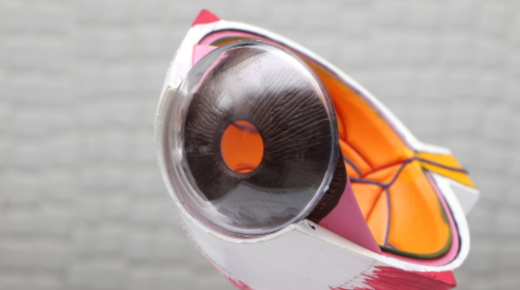Cataracts are a common age-related condition that affects the lens of the eye, causing it to become cloudy and impairing vision. While cataracts typically develop slowly over time, they can eventually interfere with daily activities and significantly impact quality of life.
Cataract eye surgery is a safe and effective treatment option for restoring clear vision and improving overall eye health. In this blog post, we’ll discuss five signs that indicate you may need to consider cataract eye surgery.
1. Blurred or Cloudy Vision
Blurred or cloudy vision is one of the most common signs of cataracts. If you notice that your vision has become increasingly blurry or hazy, particularly in one or both eyes, it could be a sign that cataracts are developing.
This cloudiness occurs as proteins in the lens of the eye clump together, obstructing the passage of light and causing visual distortion. If your vision is consistently blurry, even with prescription glasses or contact lenses, it may be time to consult with an eye doctor to discuss cataract surgery.
2. Difficulty Seeing at Night
Cataracts can also cause difficulty seeing in low-light conditions, such as at night or in dimly lit rooms. You may notice that lights appear to have halos around them or that you have trouble adjusting to changes in lighting.
This can make activities like driving at night or navigating darkened spaces challenging and potentially dangerous. If you find yourself avoiding nighttime activities due to poor visibility or experiencing increased glare sensitivity, it may be a sign that cataract surgery is necessary to improve your night vision.
3. Increased Glare Sensitivity
Another common symptom of cataracts is increased glare sensitivity, particularly when exposed to bright lights or sunlight. Cataracts scatter light as it enters the eye, causing glare and reducing contrast sensitivity.
This can make it uncomfortable to be outdoors on sunny days or to drive during sunrise or sunset. If you find yourself squinting or shielding your eyes from bright lights due to glare sensitivity, it may be an indication that cataract surgery is needed to improve your visual comfort and clarity.
4. Difficulty Reading or Performing Close-Up Tasks
As cataracts progress, they can affect your ability to see clearly at close distances, making it challenging to read or perform tasks that require near vision. You may find yourself holding reading material at arm’s length or needing brighter lighting to see clearly.
This difficulty with near vision can interfere with everyday activities such as reading, writing, cooking, or using electronic devices. If you’re experiencing persistent difficulty with close-up tasks despite using reading glasses, it may be time to explore cataract surgeries as a solution.
5. Frequent Changes in Glasses Prescription
If you find that you need to update your glasses prescription frequently, it could be a sign that cataracts are developing. Cataracts cause changes in the refractive properties of the eye, leading to fluctuations in vision that may require frequent adjustments to your corrective lenses.
While updating your glasses prescription can provide temporary relief, it does not address the underlying cause of the vision changes. If you’re experiencing rapid changes in your vision or find that your current prescription no longer provides adequate correction, it may be time to consider cataract surgery.



